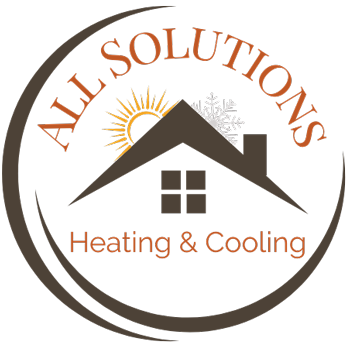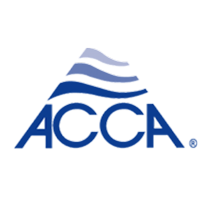
Major changes are coming for the heating and cooling business! Cooling systems transitioning from R-410a to newer refrigerants like R-454B refrigerant and R-32 refrigerant will be coming in 2025. These new coolants are engineered to be more beneficial to the environment and meet new regulations about global warming. But what does that mean for your current HVAC system and upcoming services?
This shift will reduce the environmental impact of our air conditioning systems. Beginning in 2025, new AC systems will utilize new class of refrigerants that more closely match with climate goals. If you're contemplating getting an AC replacement soon, this is the ideal time to investigate how these changes can influence your home's comfort.
Why Is R-410a Refrigerant Being Phased Out by New Regulations?
For a long time, R-410a was the standard refrigerant for residential air conditioners because of its effectiveness. But studies revealed that R-410a still contributes to global warming. Because of this, the Environmental Protection Agency (EPA) implemented a plan back in 2021. The industry will progressively discontinue R-410a to introduce refrigerants that are more environmentally friendly.
The HVAC industry has made transitions like this before. When the industry switched from using R-22 (commonly called Freon) to R-410a, homeowners like you had to adjust. And just like then, this change will affect how systems are constructed as well as the best practices for HVAC maintenance. Both residents and HVAC technicians should get ready for these new refrigerants if they want to continue enjoying the most secure, most economical cooling possible.
What Refrigerant Is Replacing R-410a?
The upcoming refrigerants belong to the new "A2L" classification and encompass the newest R-454B refrigerant and R-32 refrigerant coolants. They're engineered to deliver the same effective cooling while significantly reducing their global warming potential (GWP) compared to R-410a.
R-454B refrigerant is anticipated to be especially useful due to its GWP being approximately 78% less than R-410a. While R-454B refrigerant is actually more flammable than R-410a, updates to system manufacturing and maintenance practices will ensure servicing is just as safe to perform. Additionally, modern cooling systems using R-454B refrigerant are considerably more energy efficient, resulting in big savings on energy bills over time, especially if you stay on top of routine HVAC maintenance.
This change isn't just about changing the refrigerant—it affects the whole HVAC system because the components of R-454B refrigerant make it incompatible with older systems. Eventually, every residence and business using R-410a will be required to upgrade to one of the new systems.
R-410a Replacement: What Should I Consider in Order to Switch to New HVAC Refrigerants?
Transitioning to the new refrigerants isn't as easy as substituting what's used in your home's HVAC system. That's because the different properties of R-454B refrigerant and R-32 refrigerant mean you can't use them in a system that uses R-410a. But rest assured—you can still use your current R-410a system for now. Just be aware that as time progresses, the expense of repairs and tune-ups will go up as R-410a becomes less available.
Anticipating the changes is the best way to manage things. If your AC system is currently getting old, this is the ideal time to think about switching to a newer model that uses the new R-454B refrigerant. Plus, the staff here at All Solutions Heating & Cooling can help you in upgrading with flexible options for HVAC replacement financing.
What Type of Cooling Refrigerant Is in My HVAC System?
Unsure which refrigerant your AC system uses? In general, you can easily find this information by checking the label on your outdoor unit. This label displays the type of refrigerant, the model number and various other specifications about your cooling system.
But if you are unable to decipher the label or are missing your user manual, remain calm! You can always connect with one of the professional technicians at All Solutions Heating & Cooling to assist you in determining this information. Get all the information you need by giving us a call at 971-414-2639.



